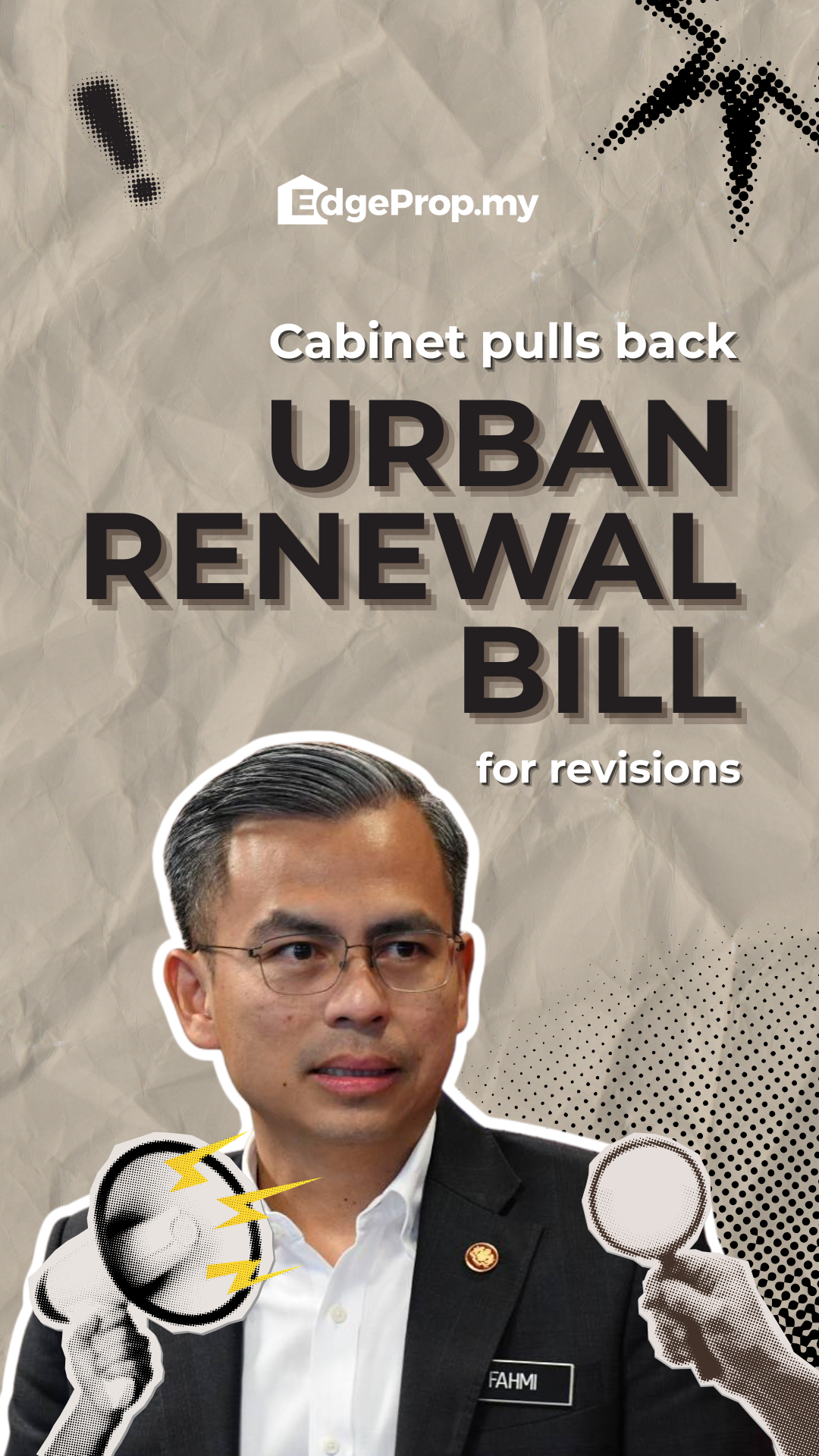ADVERTISEMENT
All Property News
Stay updated with the latest real estate and finance news, including property market trends, housing insights, and valuable information.

Penang quit rent revision needed to correct long-standing disparities, says CM
Yesterday

E&O to highlight forest-adjacent Seri Embun in City of Elmina during CNY showcase
Yesterday

EPF and Maybank trade Sunway, IJM shares amid takeover bid
Yesterday

Econpile set to surge despite slower project rollout, says RHB IB after cutting targets
Yesterday

Andrew Tan trades 28.65m Tanco shares, ends with marginal net gain
Yesterday

FBG bags RM238 mil contract to build 25-storey hotel at JB's Mid Valley Southkey
Yesterday

Platinum Melati Residences—Setapak’s latest gem for family-centric sustainable living with LRT connectivity
Dec 19, 2025

S P Setia CNY Campaign 2026—Bag limited-time homeownership prosperity perks up to RM3,888 rebates!
Feb 11, 2026

How to reap Johor Bahru’s ripe opportunities without getting burned if the bubble bursts
Jan 9, 2026

Central Property News
Levia Residence, Puchong a transit-connected urban living in the heart of Klang Valley
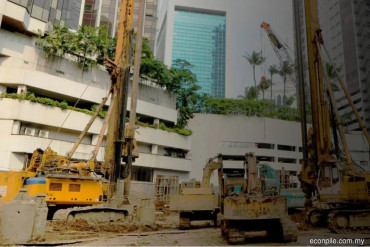
Materials & Construction
Econpile set to surge despite slower project rollout, says RHB IB after cutting targets
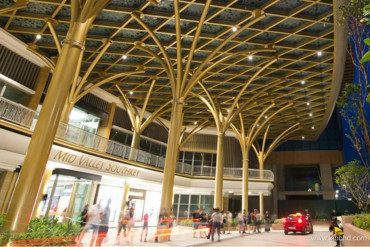
Materials & Construction
FBG bags RM238 mil contract to build 25-storey hotel at JB's Mid Valley Southkey
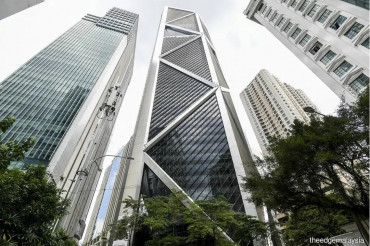
Legally Speaking
Govt seeks to forfeit funds in Ilham Tower, individual accounts linked to Daim case
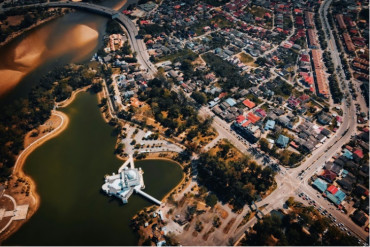
Guide to Homebuying
Find the best location for your home
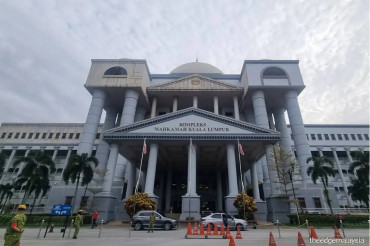
Legally Speaking
KL High Court rules developer’s ‘contra arrangements’ with landowner invalid in K Residence condo case; Duta Yap’s son held personally liable
Trending narratives
Malaysia's Most
Loved Property App
The only property app you need. More than 200,000 sale/rent listings and daily property news.


















